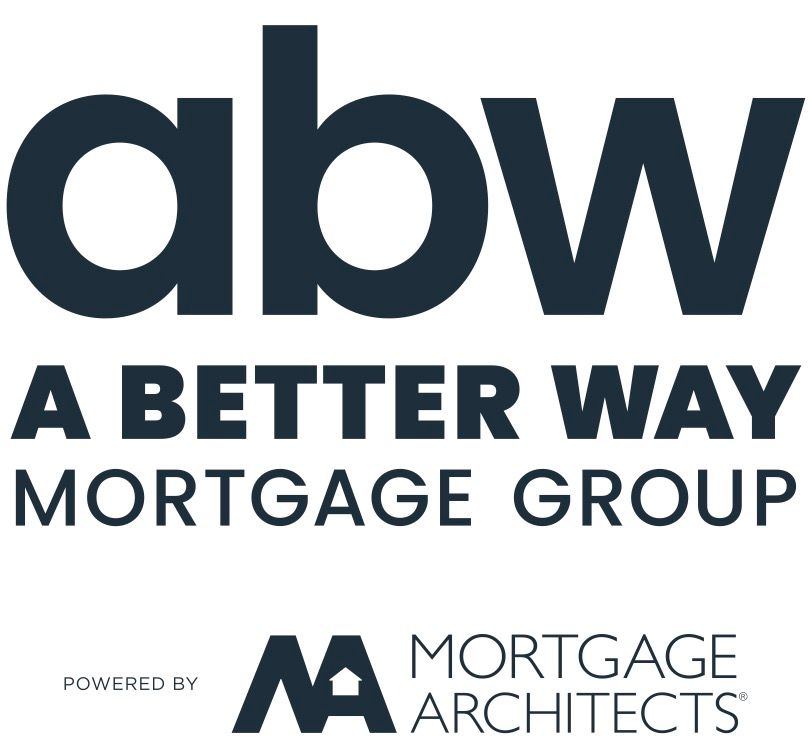Blog Post
TDS? GDS? What Is Income Debt Servicing?
Susan Au-Young • Dec 23, 2020

“Debt servicing” is the measure of your ability to meet all of your financial obligations. There are two ratios that are examined by financial institutions to determine whether you can debt service a mortgage. The first one is called the “gross debt service” ratio (GDS) and the second is called the “total debt service” ratio (TDS).
When a lender is looking at your GDS, they add together all of your expenses in relation to the property you are purchasing - including your proposed annual mortgage payments, heating, property taxes, and a percentage of your condo fees (if applicable). When you combine all of these monthly payments and divide it by your total monthly income, this forms your GDS. Generally speaking, your GDS should not exceed 35%, but those who have exceptional credit, the allowed GDS ratio can increase to as high as 39%.
Your lender will also examine your total debt service ratio. This time, they will take your property expenses and add it to all of your other financial obligations (such as your credit cards, loan payments, outstanding lines of credit, support payments, etc.). After all the obligations are added up, they are again divided by your monthly income. Generally, this ratio should not exceed 40%. For those who have exceptional credit and/or income and assets, the allowable TDS ratios can increase as high as 45%.
Let's use an example to show this in practice. Bob and Sue are currently looking at purchasing a particular property that they want to make their new home. After running some numbers, their proposed housing expenses will include a $1500 monthly mortgage payment, $200 in property taxes ($2400/year), and no condo fees. Their total household income is $90,000 annually, which comes to $7500/month. $1700 divided by $7500 equals 0.227, or 22.7%. In this case, they come well under the required 35% GDS.
Now we will figure out their TDS. Let’s say Bob and Sue have a monthly car payment of $300. Bob also has child and spousal support payments, totalling $500 each month. Their credit cards and lines of credit amounts to a financial obligation $700 each month. These payments add up to $1500 each month, and after we add in the $1700 of housing expenses, we arrive at a total of $3200/month for all of their financial obligations. $3200 divided by $7500 equals 0.427, or 42.7%.
All of this information from Bob and Sue is very helpful for the lender, and if you understand it, it can be helpful for you too. Based on their GDS alone, Bob and Sue can easily afford the house they are considering. But factor in their other expenses and the picture is not as clear - the lender will likely look at their credit score next to determine if they can afford the property, or if they should set their sights a little lower due to being a credit risk.
Put another way, if Bob and Sue were able to drastically decrease their balances on their credit cards and line of credit, they would likely qualify for a more expensive home if they so desired.
If you're in a situation where you are questioning what you can afford, or want to discuss your personal GDS and TDS ratios in an effort to more clearly understand the financing process, contact me anytime, I would love to work with you.
RECENT POSTS

By Susan Au-Young
•
14 May, 2024
There is no doubt about it, buying a home can be an emotional experience. Especially in a competitive housing market where you feel compelled to bid over the asking price to have a shot at getting into the market. Buying a home is a game of balancing needs and wants while being honest with yourself about those very needs and wants. It’s hard to get it right, figuring out what’s negotiable and what isn’t, what you can live with and what you can’t live without. Finding that balance between what makes sense in your head and what feels right in your heart is challenging. And the further you are in the process, the more desperate you may feel. One of the biggest mistakes you can make when shopping for a property is to fall in love with something you can’t afford. Doing this almost certainly guarantees that nothing else will compare, and you will inevitably find yourself “settling” for something that is actually quite nice. Something that would have been perfect had you not already fallen in love with something out of your price range. So before you ever look at a property, you should know exactly what you can qualify for so that you can shop within a set price range and you won’t be disappointed. Protect yourself with a mortgage pre-approval. A pre-approval does a few things It will outline your buying power. You will be able to shop with confidence, knowing exactly how much you can spend. It will uncover any issues that might arise in qualifying for a mortgage, for example, mistakes on your credit bureau. It will outline the necessary supporting documentation required to get a mortgage so you can be prepared. It will secure a rate for 30 to 120 days, depending on your mortgage product. It will save your heart from the pain of falling in love with something you can’t afford. Obviously, there is nothing wrong with looking at all types of property and getting a good handle on the market; however, a pre-approval will protect you from believing you can qualify for more than you can actually afford. Get a pre-approval before you start shopping; your heart will thank you. If you’d like to walk through your financial situation and get pre-approved for a mortgage, let’s talk. It would be a pleasure to work with you!

By Susan Au-Young
•
30 Apr, 2024
When calculating if you can afford to purchase a property, don’t just figure out a rough downpayment and quickly move on from there. Several other costs need to be considered when buying a property; these are called your closing costs. Closing costs refer to the things you’ll have to pay for out of your pocket and the amount of money necessary to finalize the purchase of a property. And like most things in life, it pays to plan ahead when it comes to closing costs. Closing costs should be part of the pre-approval conversation as they are just as important as saving for your downpayment. Now, if your mortgage is high-ratio and requires mortgage default insurance, the lender will need to confirm that you have at least 1.5% of the purchase price available to close the mortgage. This is in addition to your downpayment. So if your downpayment is 10% of the purchase price, you’ll want to have at least 11.5% available to bring everything together. But of course, the more cash you have to fall back on, the better. So with that said, here is a list of the things that will cost you money when you’re buying a property. As prices vary per service, if you’d like a more accurate estimate of costs, please connect anytime, it would be a pleasure to walk through the exact numbers with you. Inspection or Appraisal A home inspection is when you hire a professional to assess the property's condition to make sure that you won’t be surprised by unexpected issues. An appraisal is when you hire a professional to compare the property's value against other properties that have recently sold in the area. The cost of a home inspection is yours, while the appraisal cost is sometimes covered by your mortgage default insurance and sometimes covered by you! Lawyer or Notary Fees To handle all the legal paperwork, you’re required to hire a legal real estate professional. They’ll be responsible for transferring the title from the seller's name into your name and make sure the lender is registered correctly on the title. Chances are, this will be one of your most significant expenses, except if you live in a province with a property transfer tax. Taxes Depending on which province you live in and the purchase price of the property you’re buying, you might have to pay a property transfer tax or land transfer tax. This cost can be high, upwards of 1-2% of the purchase price. So you’ll want to know the numbers well ahead of time. Insurance Before you can close on mortgage financing, all financial institutions want to see that you have property/home insurance in place for when you take possession. If disaster strikes and something happens to the property, your lender must be listed on your insurance policy. Unlike property insurance, which is mandatory, you might also consider mortgage insurance, life insurance, or a disability insurance policy that protects you in case of unforeseen events. Not necessary, but worth a conversation. Moving Expenses Congratulations, you just bought a new property; now you have to get all your stuff there! Don’t underestimate the cost of moving. If you’re moving across the country, the cost of hiring a moving company is steep, while renting a moving truck is a little more reasonable; it all adds up. Hopefully, if you’re moving locally, your costs amount to gas money and pizza for friends. Utilities Hooking up new services to a property is more time-consuming than costly. However, if you’re moving to a new province or don’t have a history of paying utilities, you might be required to come up with a deposit for services. It doesn’t really make sense to buy a property if you can’t afford to turn on the power or connect the water. So there you have it; this covers most of the costs associated with buying a new property. However, this list is by no means exhaustive, but as mentioned earlier, planning for these costs is a good idea and should be part of the pre-approval process. If you have any questions about your closing costs or anything else mortgage-related, please connect anytime; it would be great to hear from you!
LOCATION
© 2024
All Rights Reserved. Susan Au-Young | Mortgage Architects A Better Way


